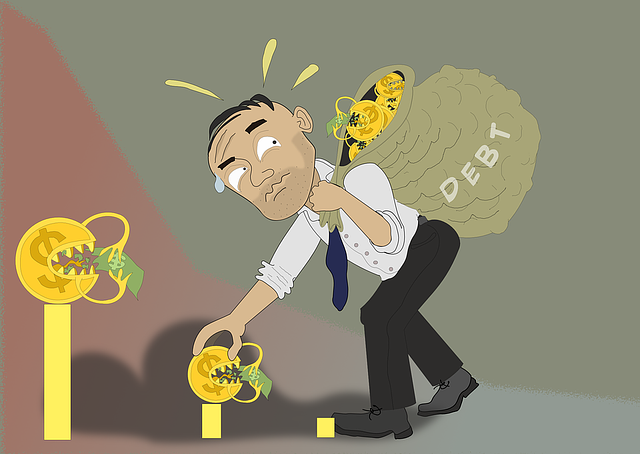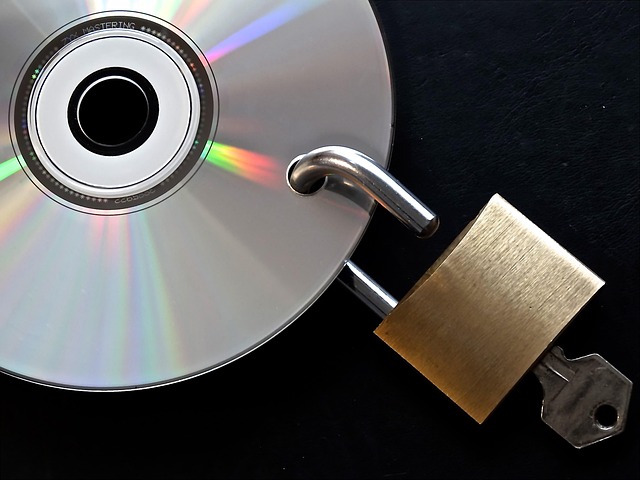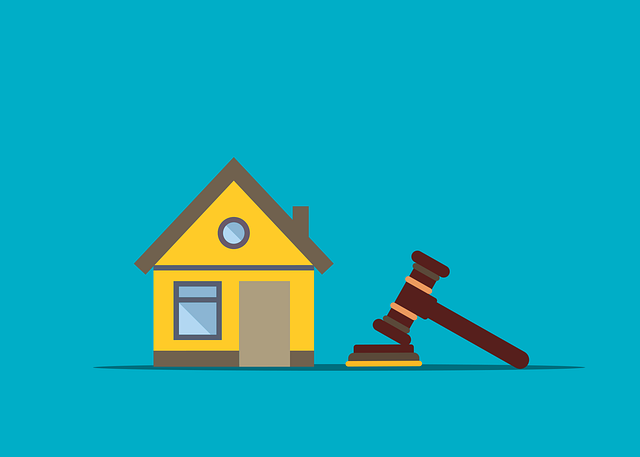Unsecured debt consolidation loans streamline multiple debts into one, lowering interest rates for borrowers with strong credit and stable incomes. Before applying, assess financial situation, compare loan offers, choose a reputable lender, apply online, and manage payments responsibly to save money and improve financial health.
Debt consolidation is a powerful tool for managing multiple high-interest debts. This step-by-step guide explores how unsecured debt consolidation loans work, from understanding the concept to managing your payments. First, grasp the basics of unsecured loans and their benefits. Next, assess your financial situation, compare loan offers, and choose a reputable lender. Submit your application, get approved, and merge your debts into one manageable repayment plan. Effectively manage your consolidated debt by adhering to a structured payment schedule, enhancing financial discipline, and achieving debt freedom.
- Understanding Unsecured Debt Consolidation Loans
- Assessing Your Current Financial Situation
- Comparing Loan Offers and Interest Rates
- Choosing a Reputable Lender or Provider
- Submitting and Evaluating Your Application
- Managing Your Consolidated Debt Payments
Understanding Unsecured Debt Consolidation Loans

Unsecured debt consolidation loans are a popular option for individuals looking to simplify their financial obligations. This type of loan allows borrowers to combine multiple debts, such as credit cards and personal loans, into a single payment. The key feature that sets unsecured debt consolidation apart from secured loans is that it doesn’t require collateral. This makes it an attractive choice for those seeking flexibility in managing their debt without the added risk of losing assets.
When considering unsecured debt consolidation for multiple debts, it’s essential to evaluate your financial situation and understand the terms offered by lenders. These loans can be particularly suitable when you have a good credit score and a stable income, as they often come with lower interest rates compared to maintaining several high-interest debt accounts. Simplifying payments through debt consolidation services can lead to significant savings in the long run, helping individuals regain control over their finances and move towards better financial health.
Assessing Your Current Financial Situation

Before diving into debt consolidation, it’s crucial to assess your current financial situation. This involves a thorough look at all your income sources and existing debts. Start by listing all your unsecured debts, such as credit cards and personal loans, along with their respective interest rates and minimum payment amounts. Calculate your total monthly outgoings, including essential expenses like rent, utilities, food, and transportation. This process will give you a clear picture of where your money is going and help identify areas where you can cut back to free up extra cash for debt repayment.
When considering unsecured debt consolidation loans, evaluate if it’s the right time for debt management based on your financial health. If you have a stable income and are capable of making consistent payments, reduce financial stress with unsecured debt solutions could be beneficial. In the UK, despite having bad credit, there are options available to consolidate debts and improve your repayment terms. Simply ensure that you understand the interest rates and any associated fees before committing to a loan.
Comparing Loan Offers and Interest Rates

When considering an unsecured debt consolidation loan, comparing different loan offers and interest rates is a crucial step in making an informed decision. Start by gathering detailed quotes from several lenders or credit counseling agencies. Each offer should clearly outline the loan amount, annual percentage rate (APR), repayment term, and any associated fees. This process helps you identify the best rates for debt consolidation, ensuring you get the most favorable terms.
Assess each quote in light of your financial situation and goals. Keep in mind that lower interest rates can significantly impact the overall cost of repaying your debt. Moreover, understand the unsecured loan limits for debt payoff to determine if a consolidation loan is suitable for managing your specific debt burden. When is an unsecured loan suitable for debt management? This depends on factors like your credit score, income stability, and the types of debts you’re looking to consolidate.
Choosing a Reputable Lender or Provider

When considering debt consolidation, choosing a reputable lender or provider is crucial to achieving financial stability and fixing high-interest credit card debt. It’s important to research and select a company with a strong track record and reliable services. Look for lenders offering unsecured debt consolidation loans, which don’t require collateral, providing flexibility and peace of mind. Check their loan limits to ensure they align with your payoff goals; some programs offer competitive rates and terms tailored for debt relief.
Reputable providers will have transparent fees, clear repayment plans, and exceptional customer support. They should guide you through the process, ensuring you understand the terms and conditions. Additionally, exploring debt relief programs offering unsecured loans can be a strategic move to simplify your financial journey. Always verify their accreditation and read reviews to make an informed decision, securing your path toward financial freedom.
Submitting and Evaluating Your Application

After you’ve gathered your financial information and chosen a reputable debt consolidation service, it’s time to submit your application. This usually involves filling out an online form or providing details over the phone. When applying for unsecured debt consolidation loans, lenders will assess your current financial situation, including your income, existing debts, and credit history. They’ll evaluate whether you can afford the loan repayments based on your financial profile.
The application process also includes a thorough check of your creditworthiness. Lenders want to ensure that you have the means to manage the debt consolidation and will consider factors such as employment stability and other outstanding loans. When is an unsecured loan suitable for debt management? It depends on your individual circumstances—if you have a good credit score, stable income, and manageable existing debts, then a debt consolidation service might offer suitable options without requiring security (debt consolidation options without security). This simplifies payments through their services, making it easier to manage your finances.
Managing Your Consolidated Debt Payments

After securing an unsecured debt consolidation loan, managing your payments becomes a crucial aspect of the process. The first step is to review and understand the terms and conditions of the loan carefully. This includes knowing the interest rates, repayment schedules, and any associated fees. Since these loans are typically offered at lower interest rates than individual debts, it’s essential to make timely payments to maximize savings.
Creating a structured payment plan is key to success. You can choose from various repayment methods, such as automatic debits or online banking transfers, to ensure consistent and on-time payments. Regularly reviewing your budget to allocate funds for the consolidated loan will help you avoid late fees and maintain a good credit profile. Additionally, consider negotiating terms with your lender if your financial situation improves; many lenders are open to discussions regarding interest rate adjustments or extending the repayment period, which can further benefit your overall debt management strategy.
Debt consolidation can be a powerful tool for managing and reducing your debt. By understanding the process, assessing your financial situation, comparing loan offers, and choosing a reputable lender, you can take control of your finances. Once approved, manage your consolidated payments responsibly to simplify your budget and potentially save on interest. Unsecured debt consolidation loans offer a strategic approach to paying off debts, allowing you to focus on rebuilding your financial future.
